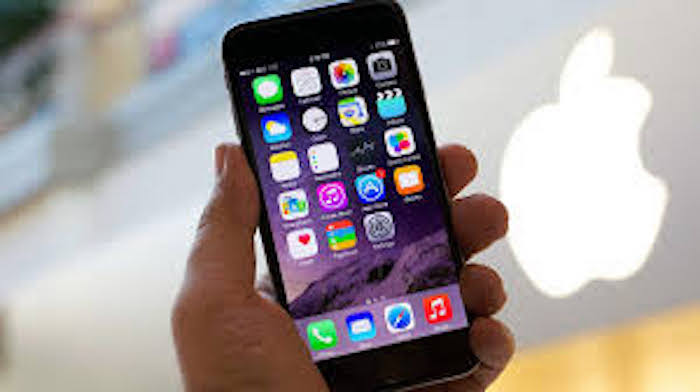The FBI says it has successfully used a technique without Apple’s help to hack into the iPhone used by a gunman in a mass shooting in California .
Monday’s announcement effectively ended a pitched court battle between the Obama administration and one of the world’s leading technology companies.
The government asked a federal judge to vacate a disputed order forcing Apple to help the FBI break into the iPhone, saying it was no longer necessary.
The court filing in US District Court for the Central District of California provided no details about how the FBI did it or who showed it how.
The FBI is reviewing the information on the iPhone, the Justice Department said in a statement.
The case drew international attention and highlighted a growing friction between government authorities and the tech industry.
Apple and other tech companies have said they feel increasing need to protect their customers’ data from hackers and unfriendly intruders. But the police and other government authorities have warned that encryption and other data-protection measures are making it more difficult for investigators to track criminals and dangerous extremists.
“From the beginning, we objected to the FBI’s demand that Apple build a back door into the iPhone because we believed it was wrong and would set a dangerous precedent,” Apple said in a statement.
“As a result of the government’s dismissal, neither of these occurred. This case should never have been brought.”
The brief court notice left important questions unanswered: Who showed the FBI how to break into iPhones? How did the government bypass the security features that Apple has invested millions of dollars to build into its flagship product? Are newer iPhones vulnerable to the same hacking technique?
“With this vulnerability in existence, people that have similar version of iPhone are at risk of attacks from malicious people that could use the same vulnerability,” Drew Mitnick, a Policy Counsel at Access Now, told Al Jazeera.
“[Following the hacking], there is at least a moral obligation on behalf of the FBI to close the vulnerability.”
The surprise development also punctured the temporary perception that Apple’s security might have been good enough to keep consumers’ personal information safe even from the US government – with the tremendous resources it can expend when it wants to uncover something.
The FBI used the technique to access data on an iPhone used by gunman Syed Farook, who died with his wife in a gun battle with police after they killed 14 people in San Bernardino, California, in December.
The iPhone, a work phone issued to Farook by his employer, the county health department, was found in a vehicle the day after the shooting; two personal phones were found destroyed so completely that the FBI couldn’t recover information from them.
US magistrate Sheri Pym of California last month ordered Apple to provide the FBI with software to help it hack into Farook’s work-issued iPhone.
The order touched off a debate pitting digital privacy rights against national security concerns.
“People often have a sense that they are being surveilled by the government and it tends to limit their ability to express themselves,” Mitnick added.
“The mere possibility that the government is surveilling is a limitation on freedom of expression.”
[Source: Al-Jazeera]





 WhatsApp us
WhatsApp us 

